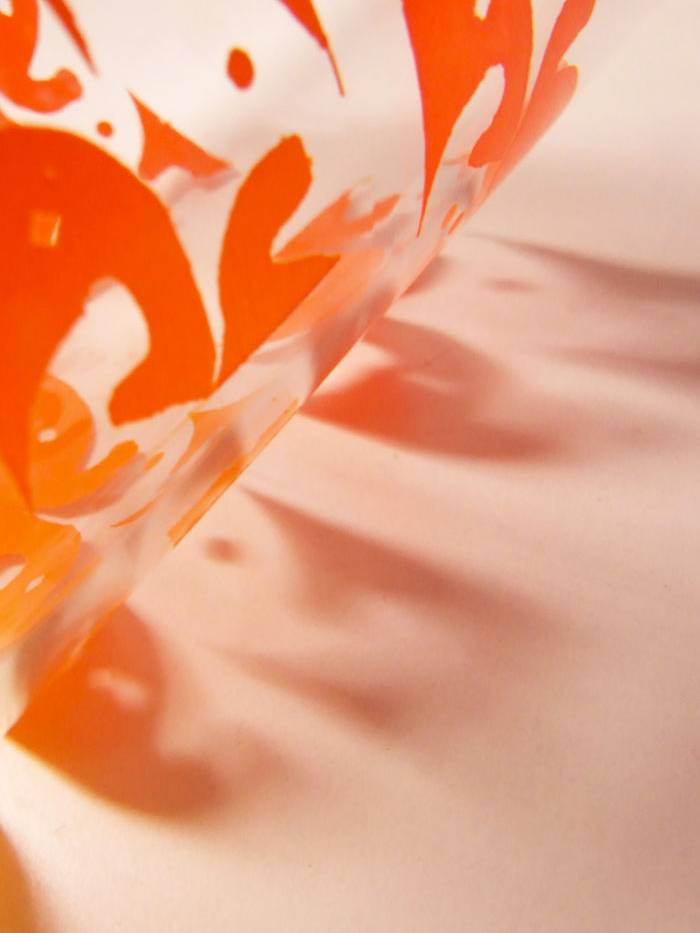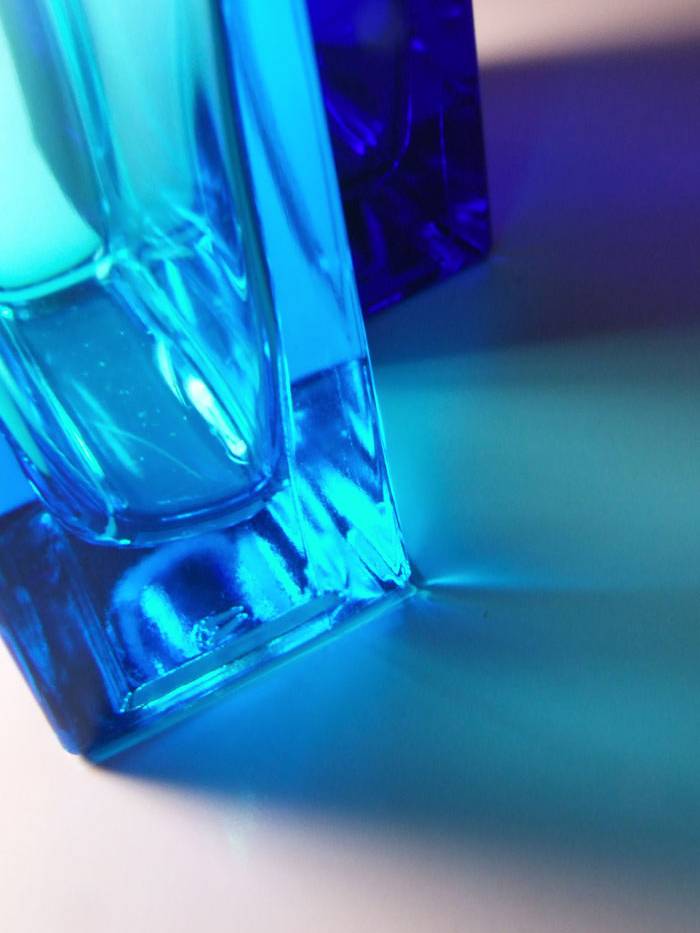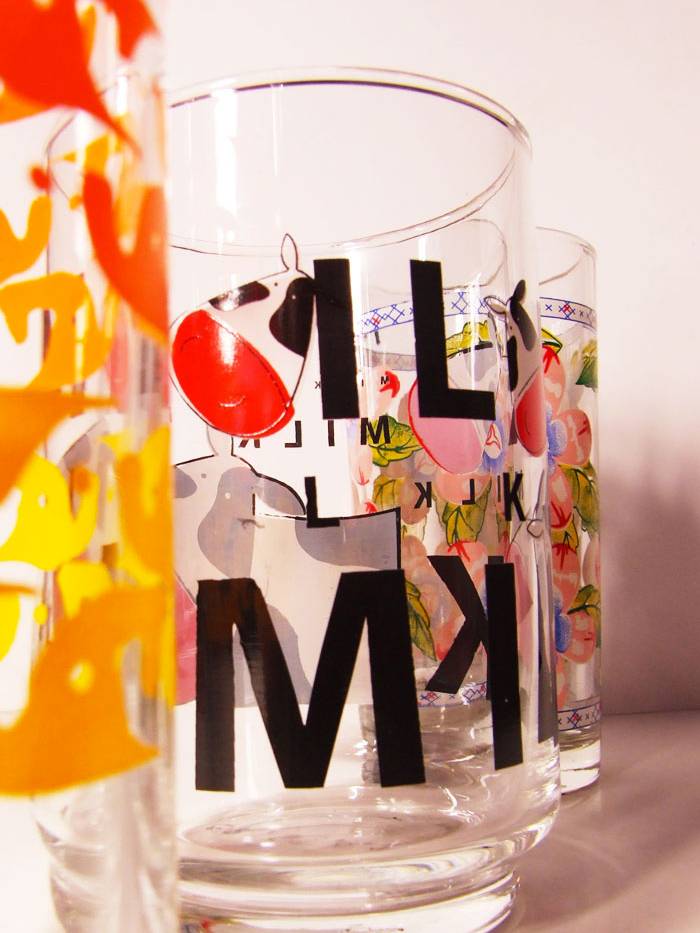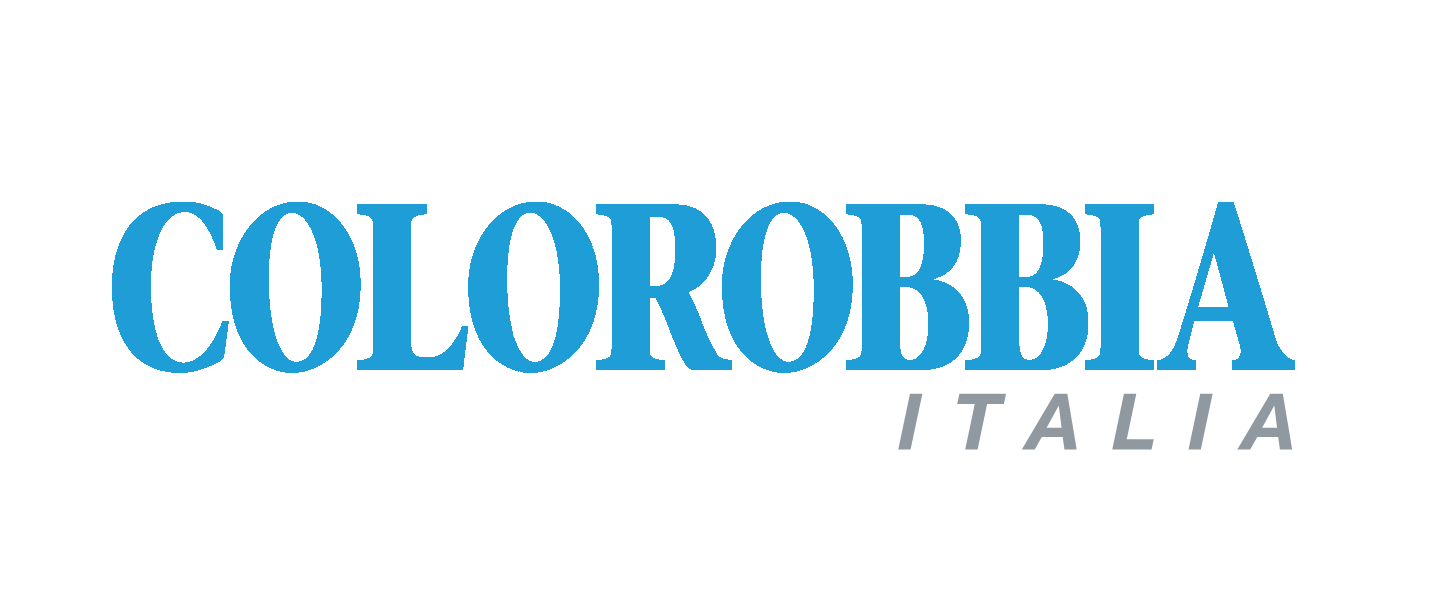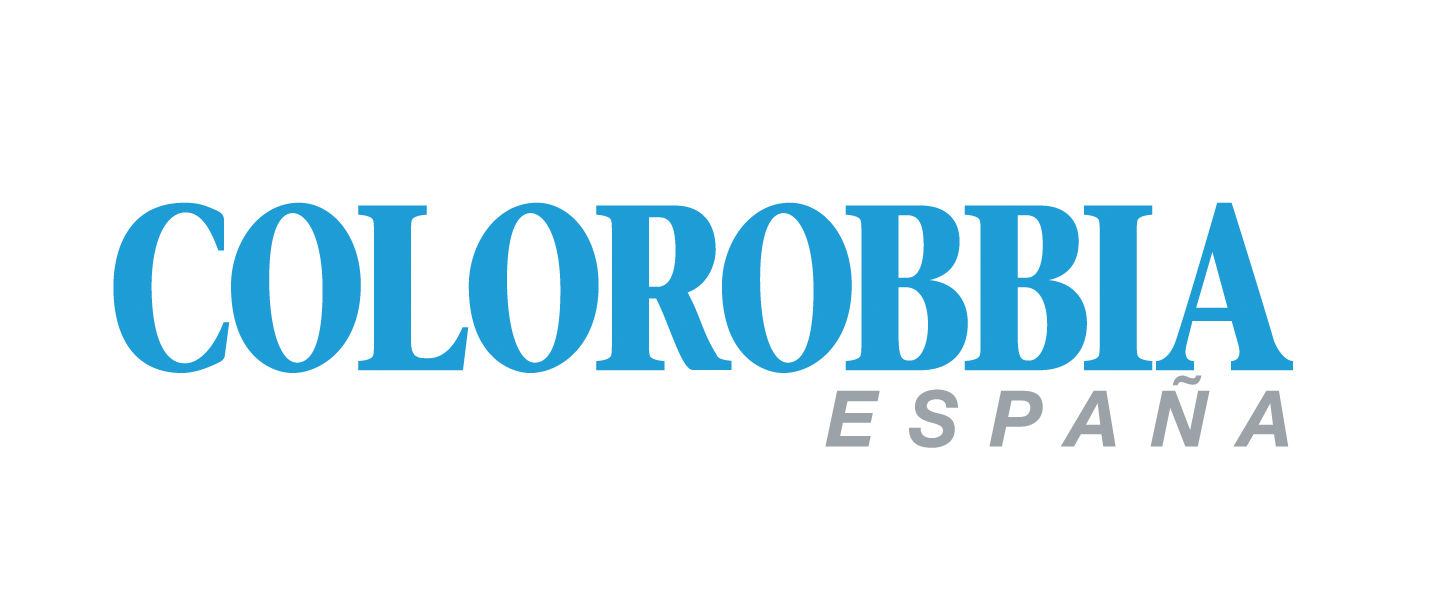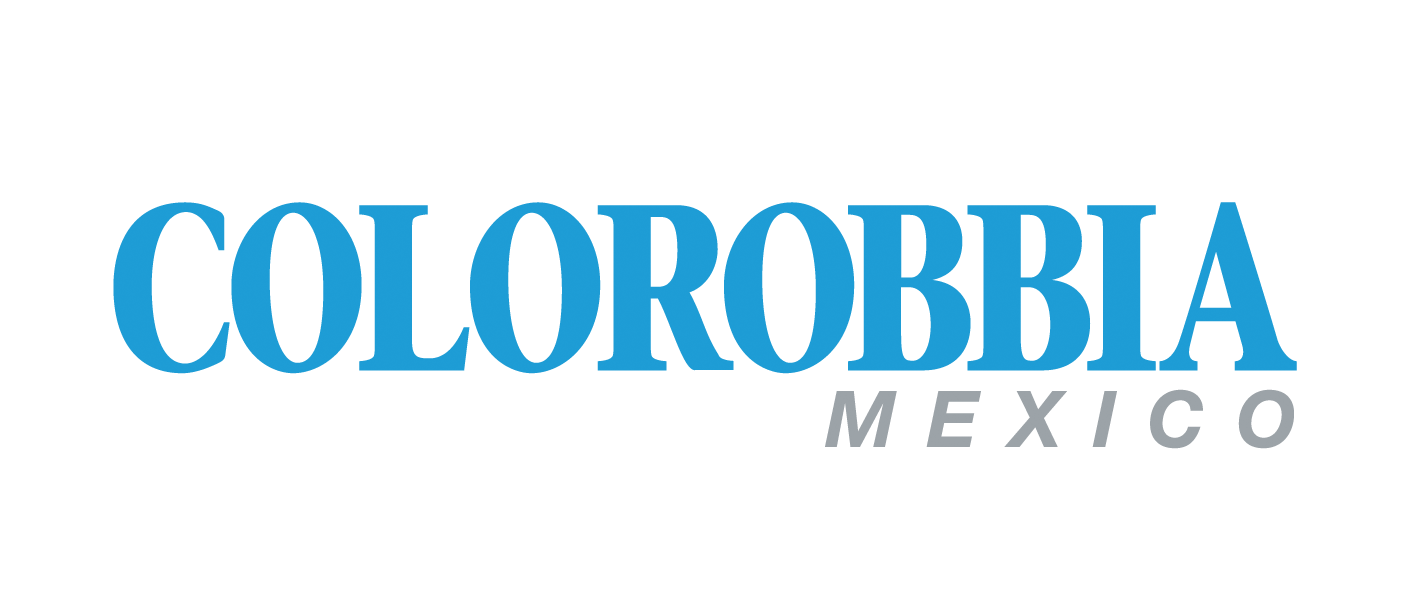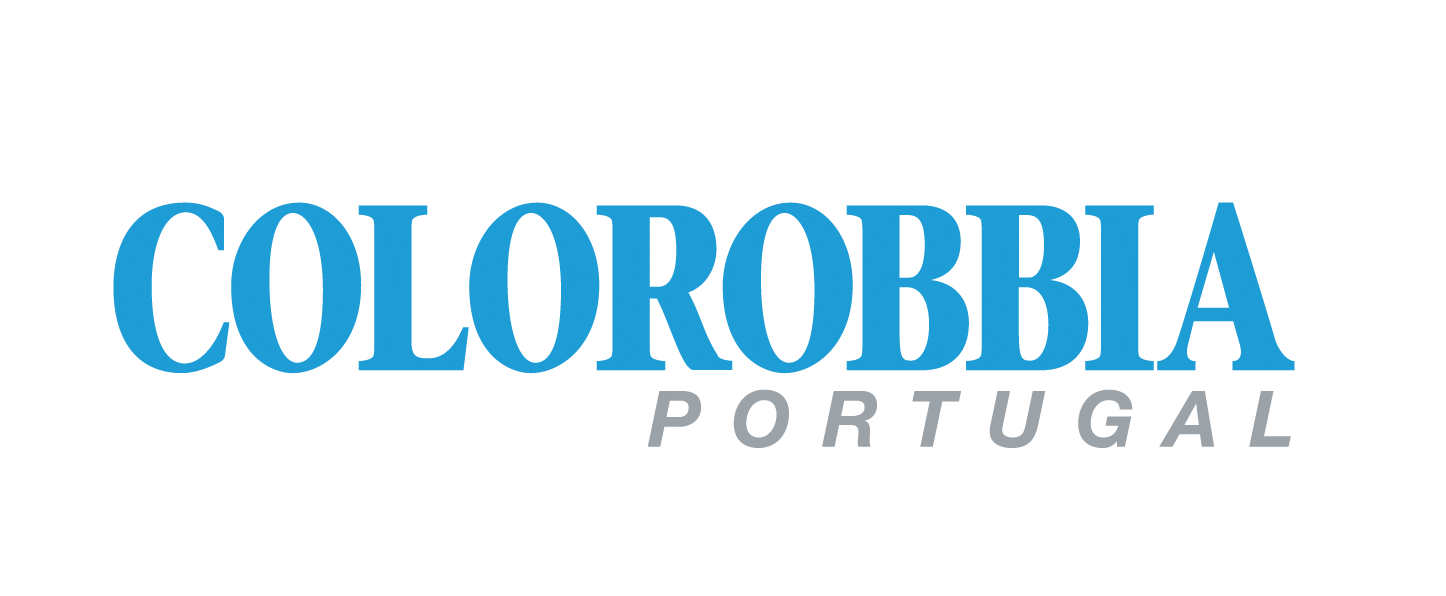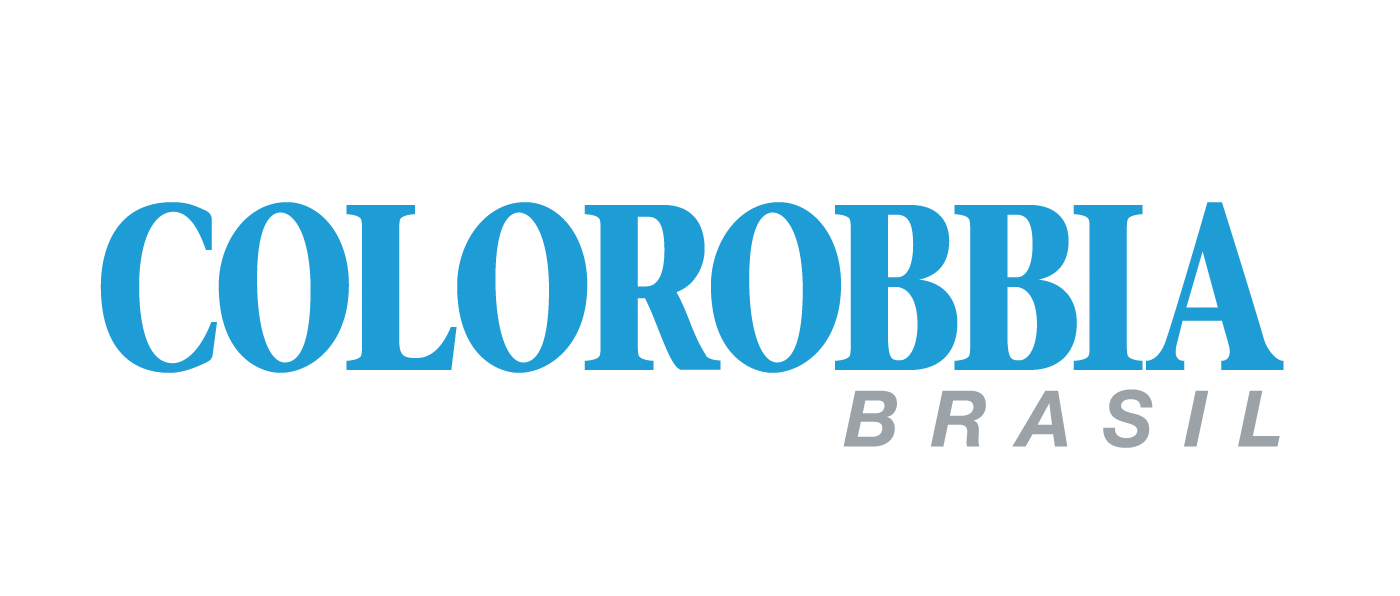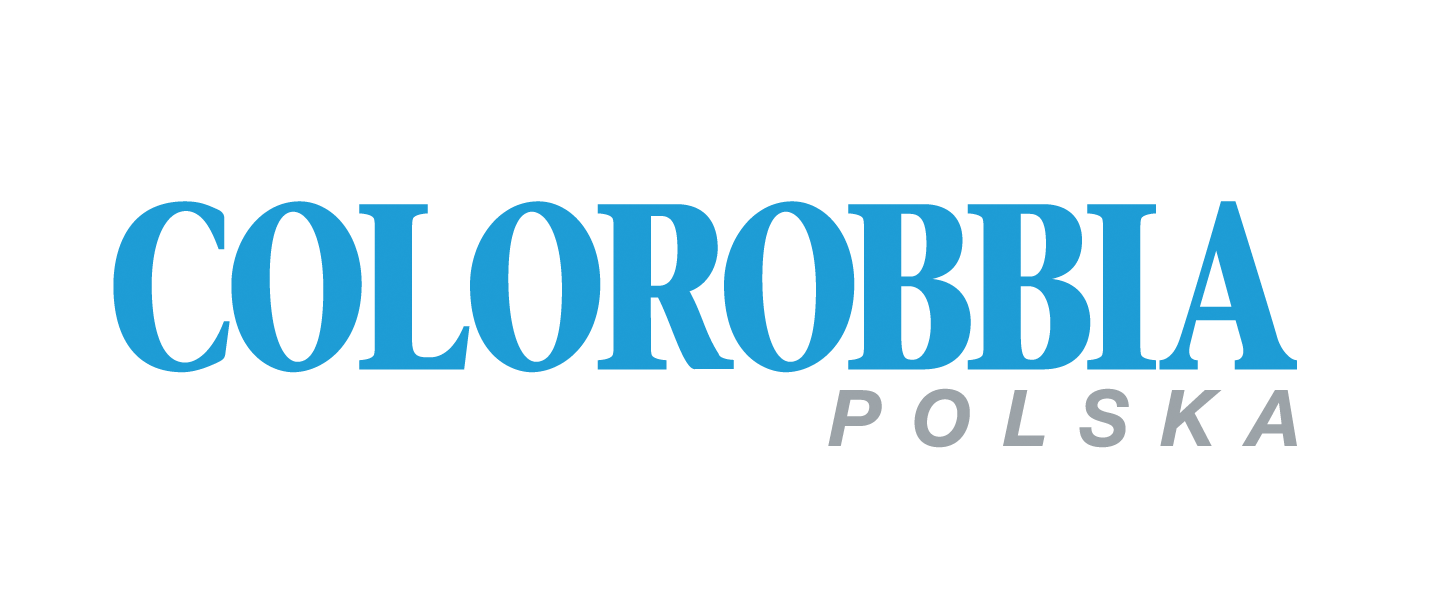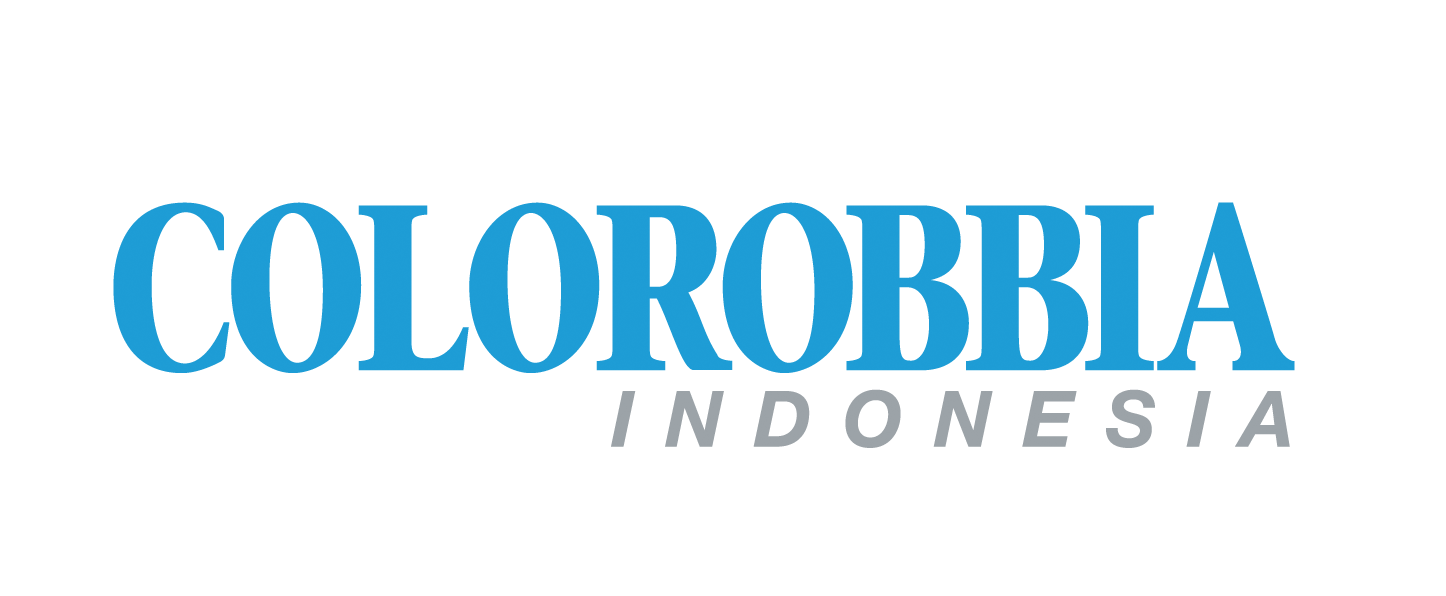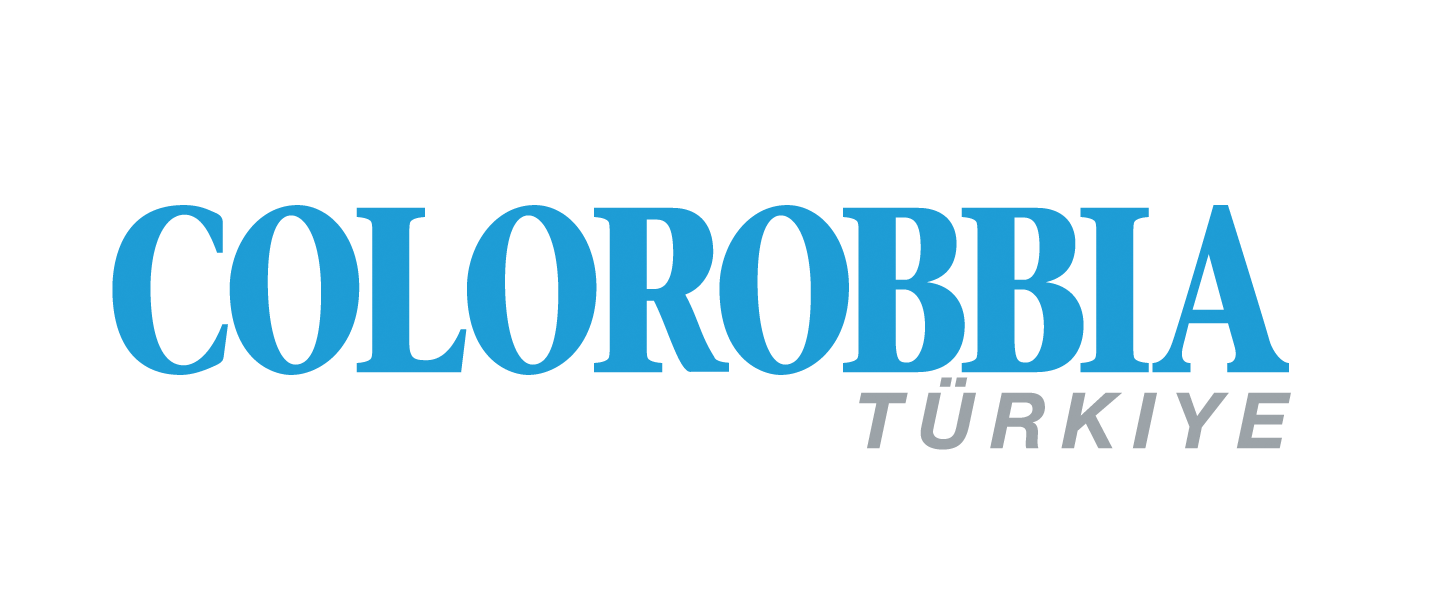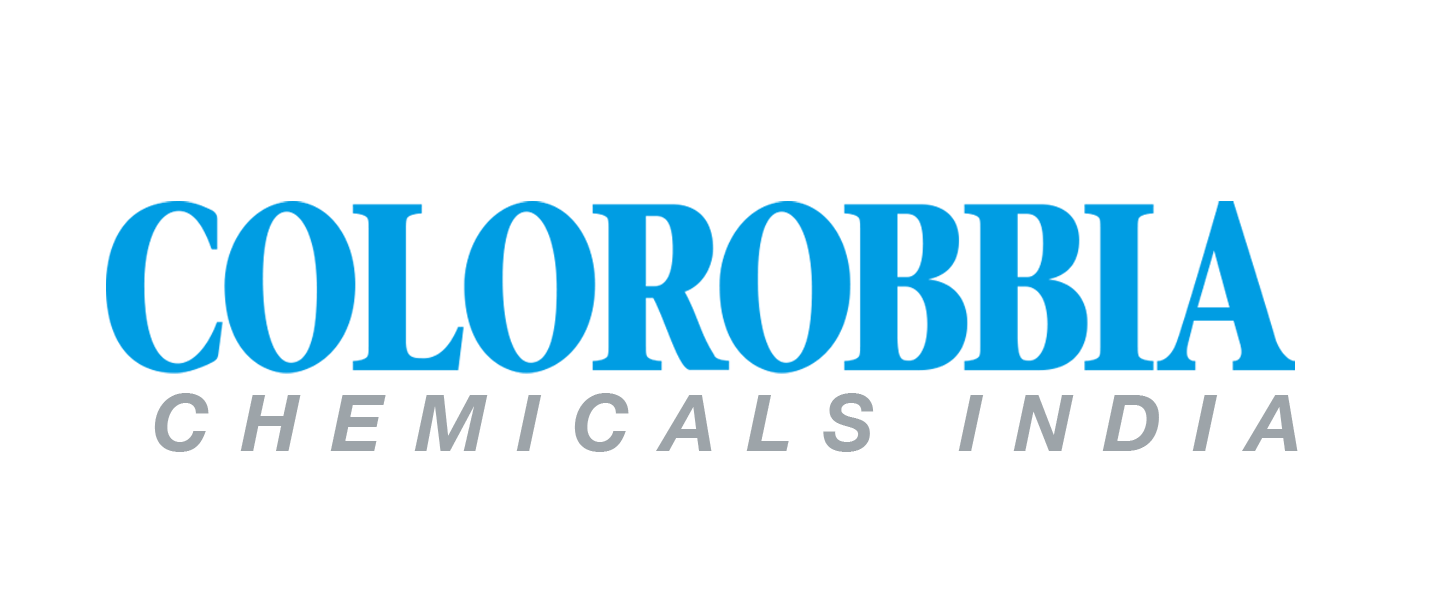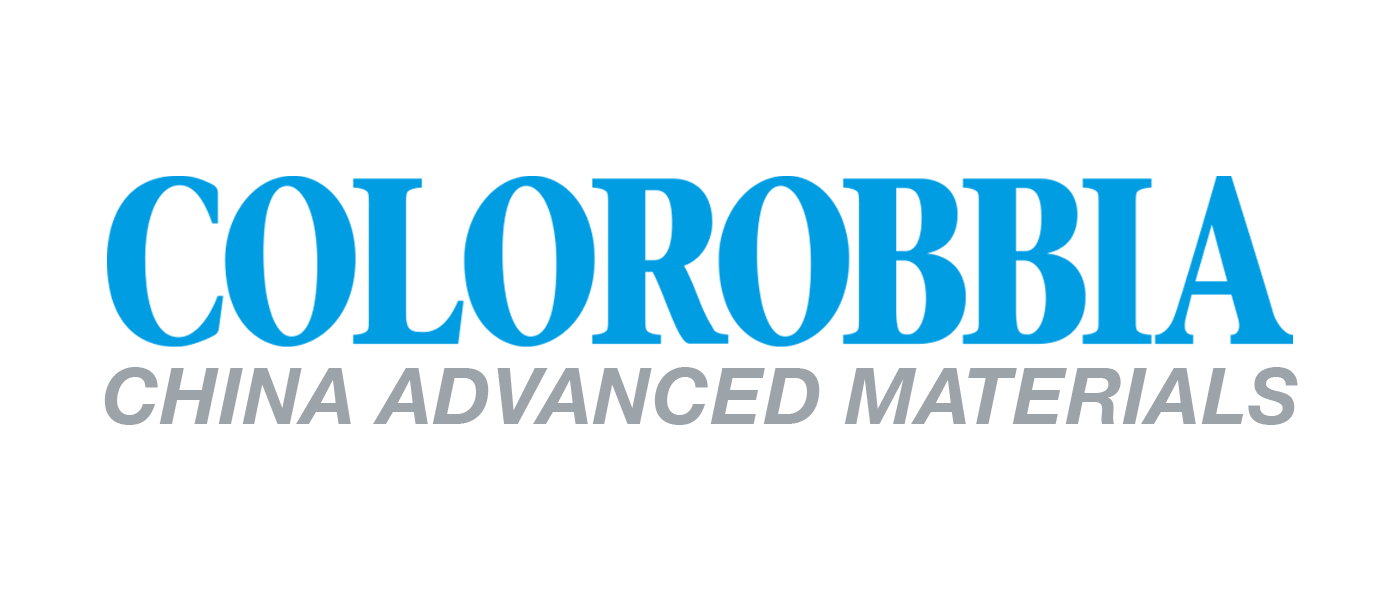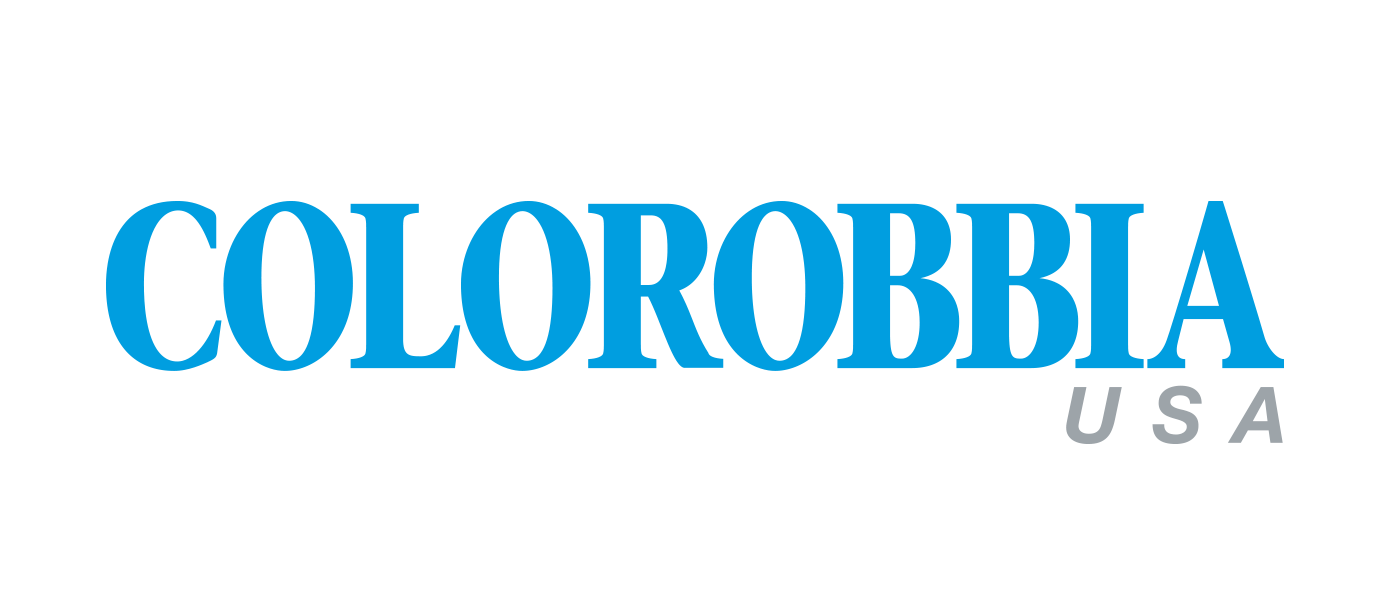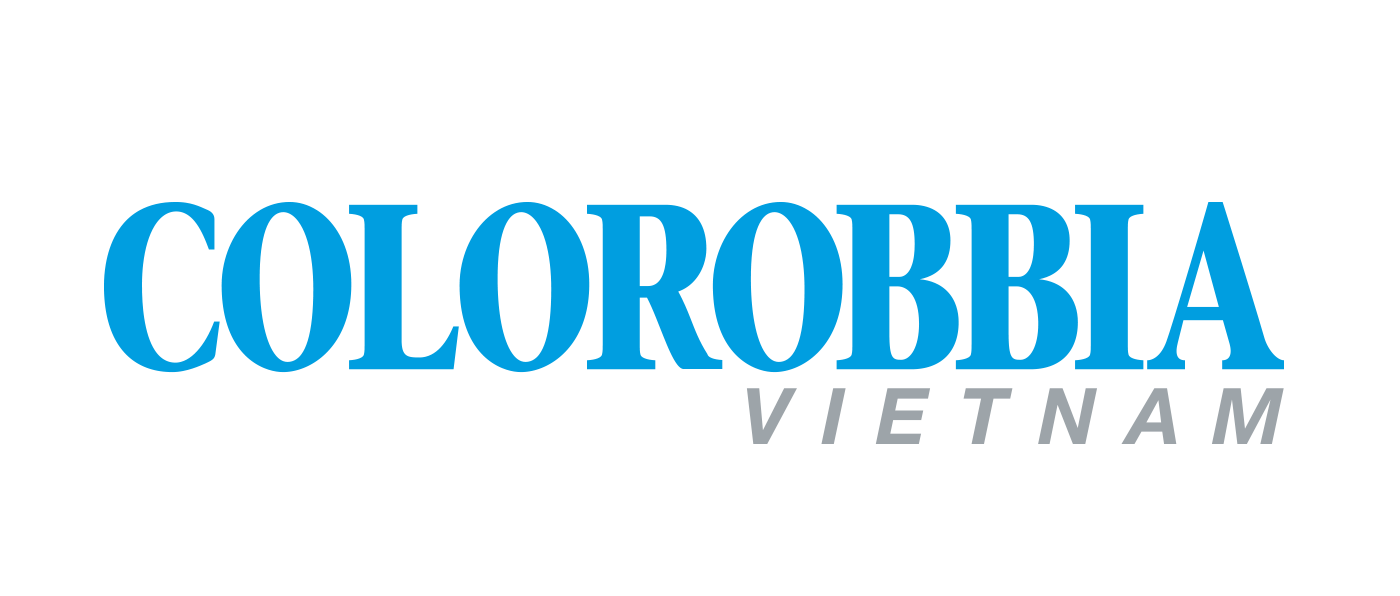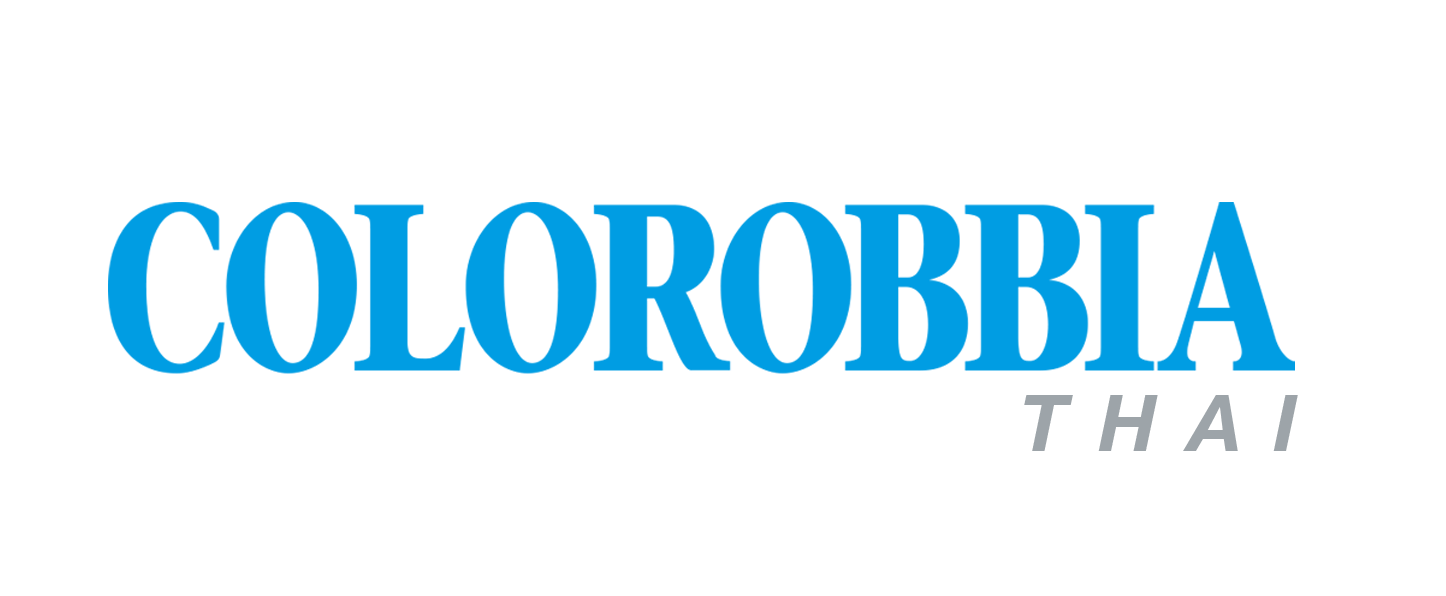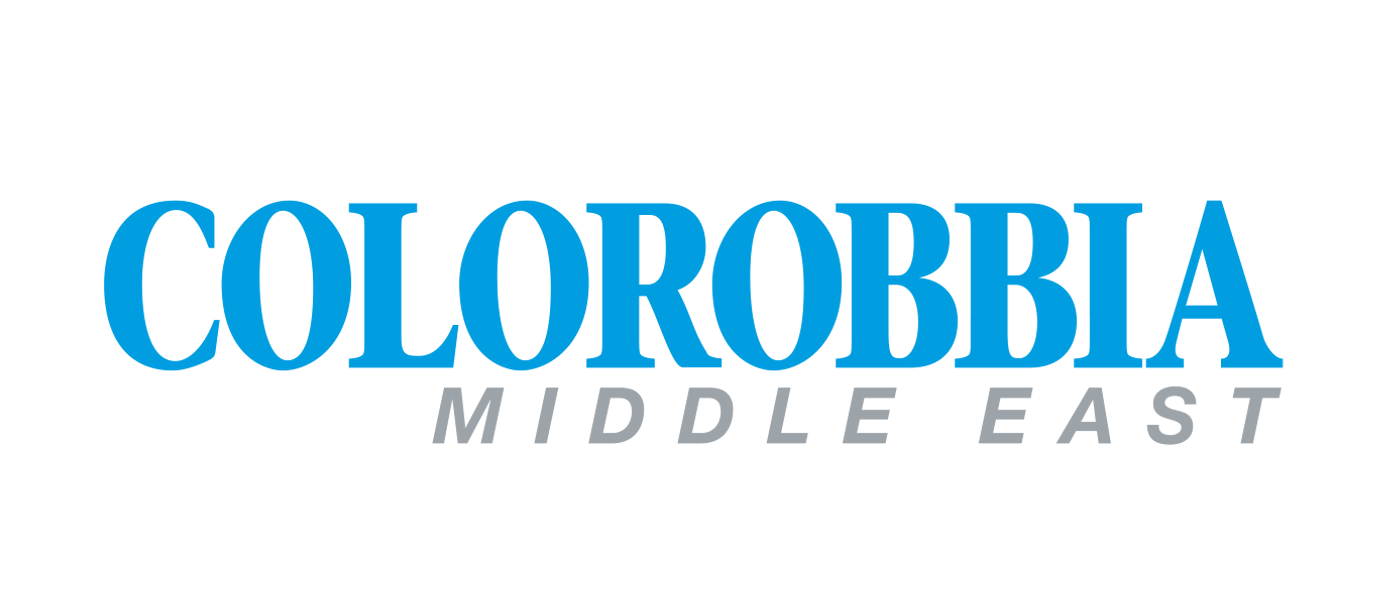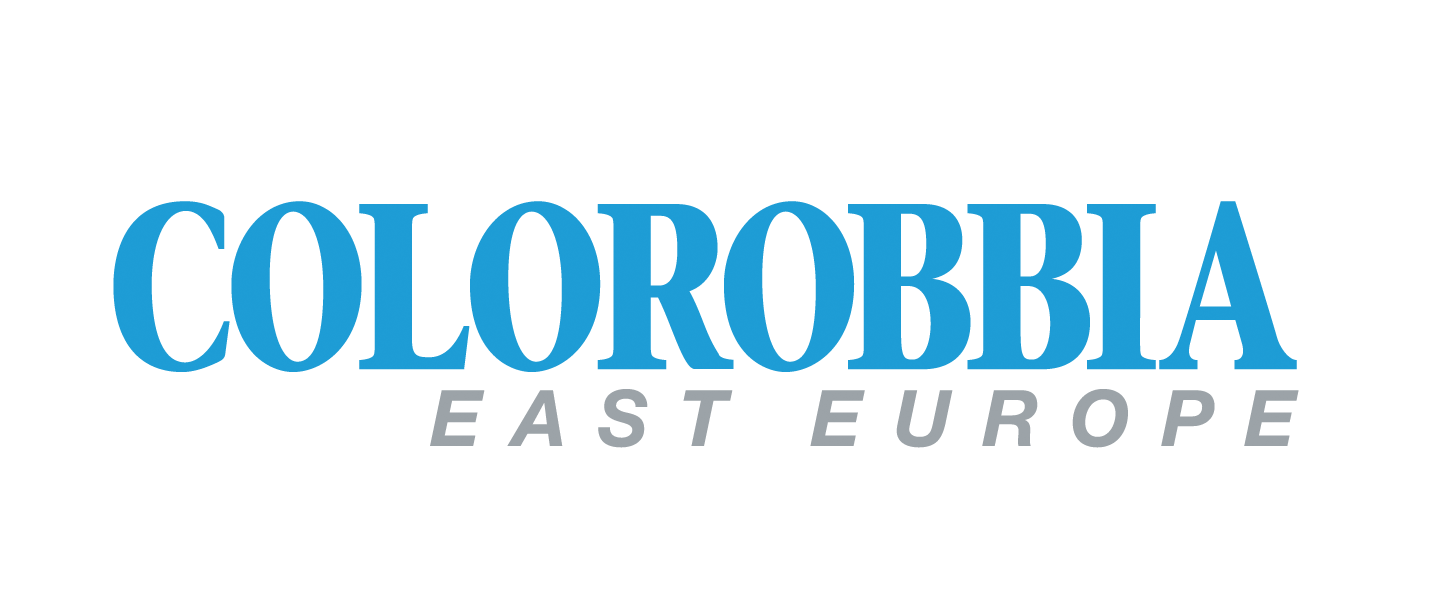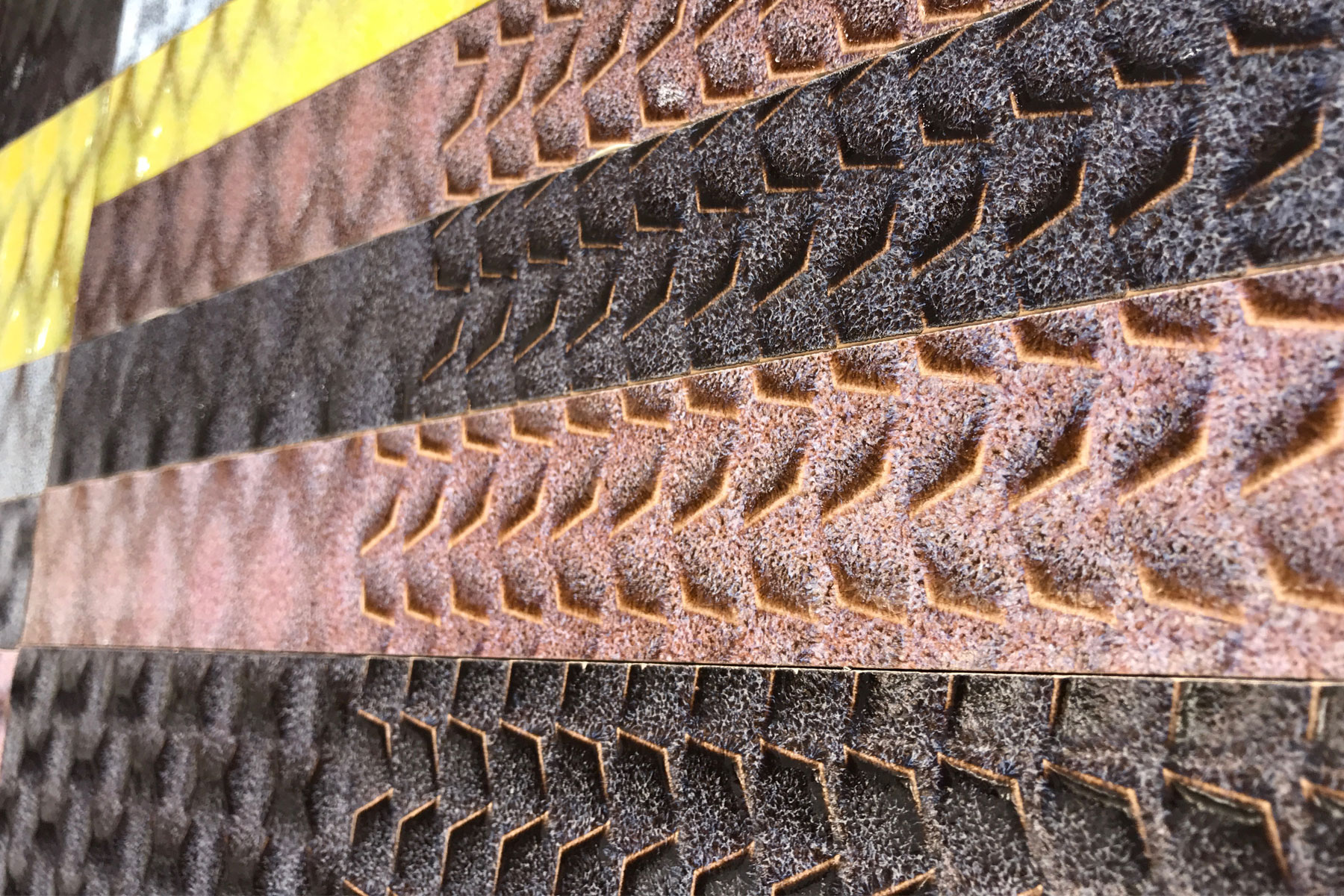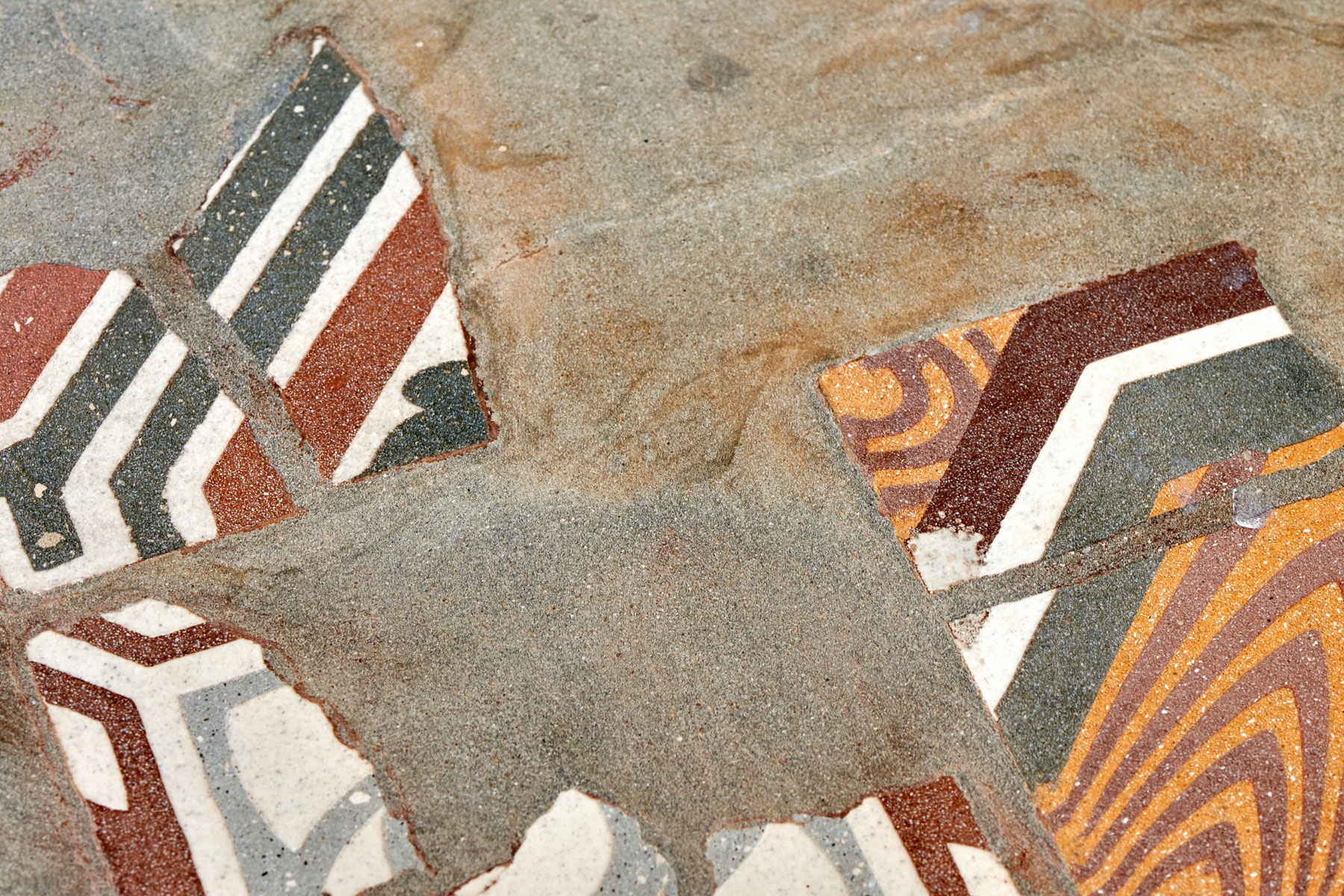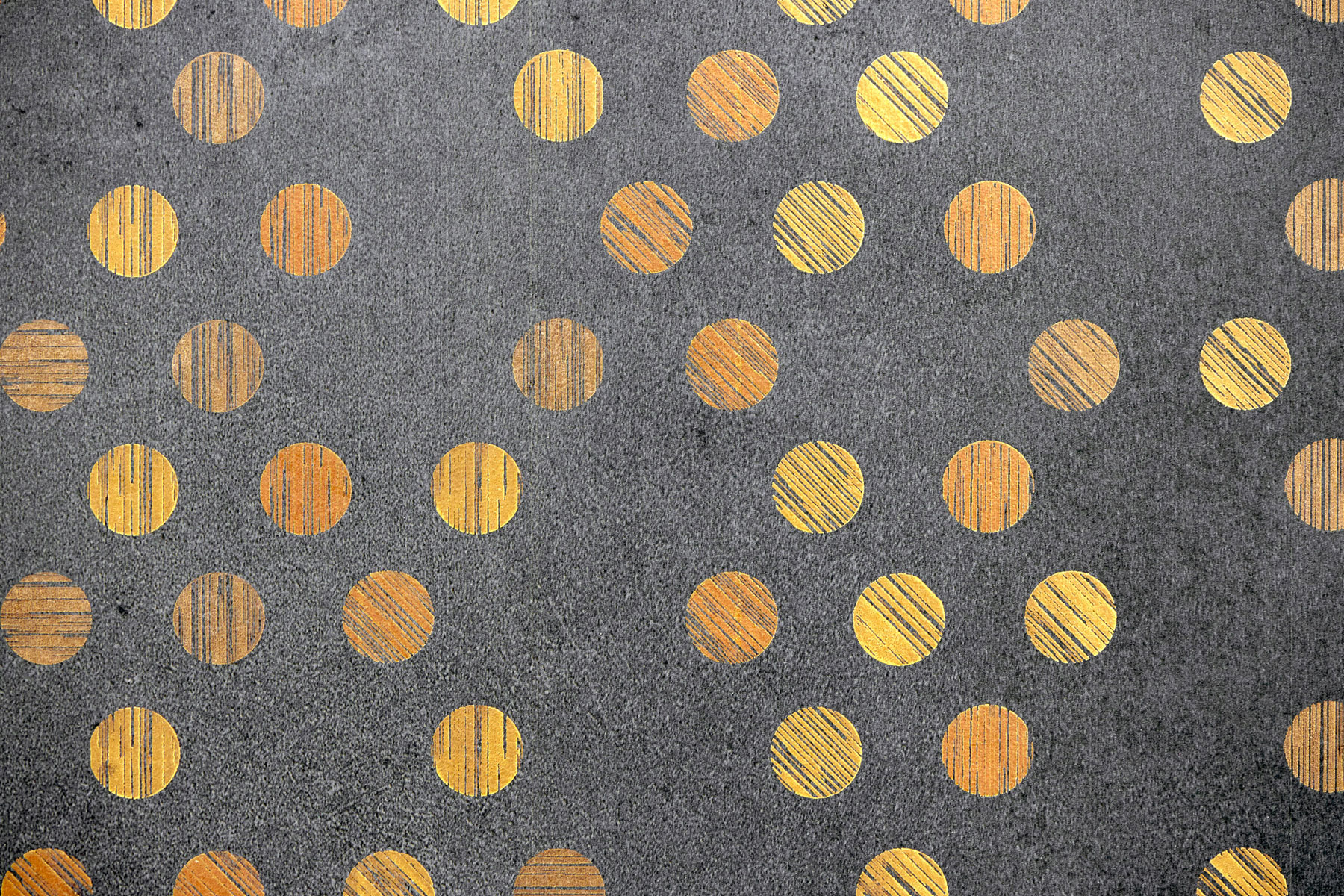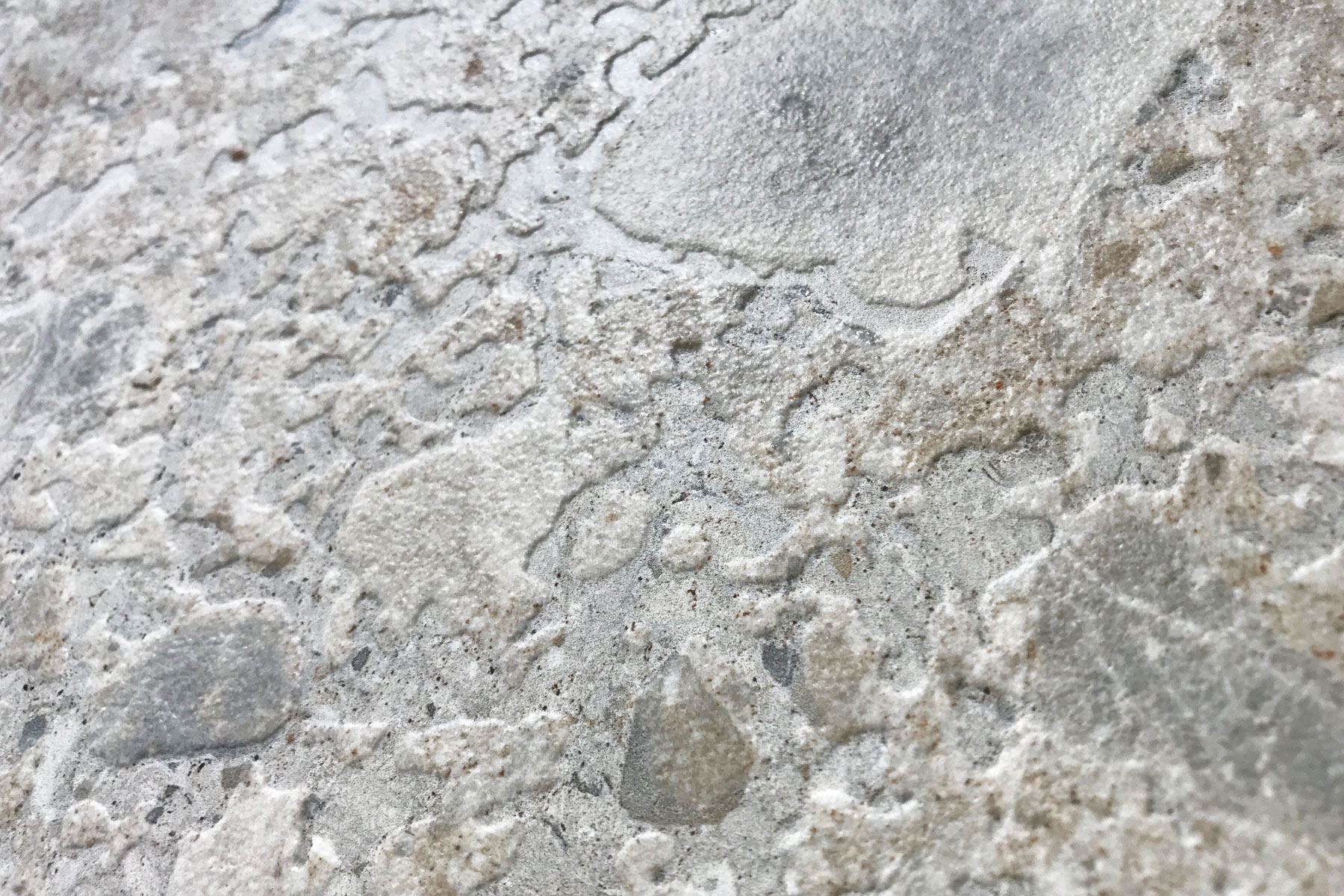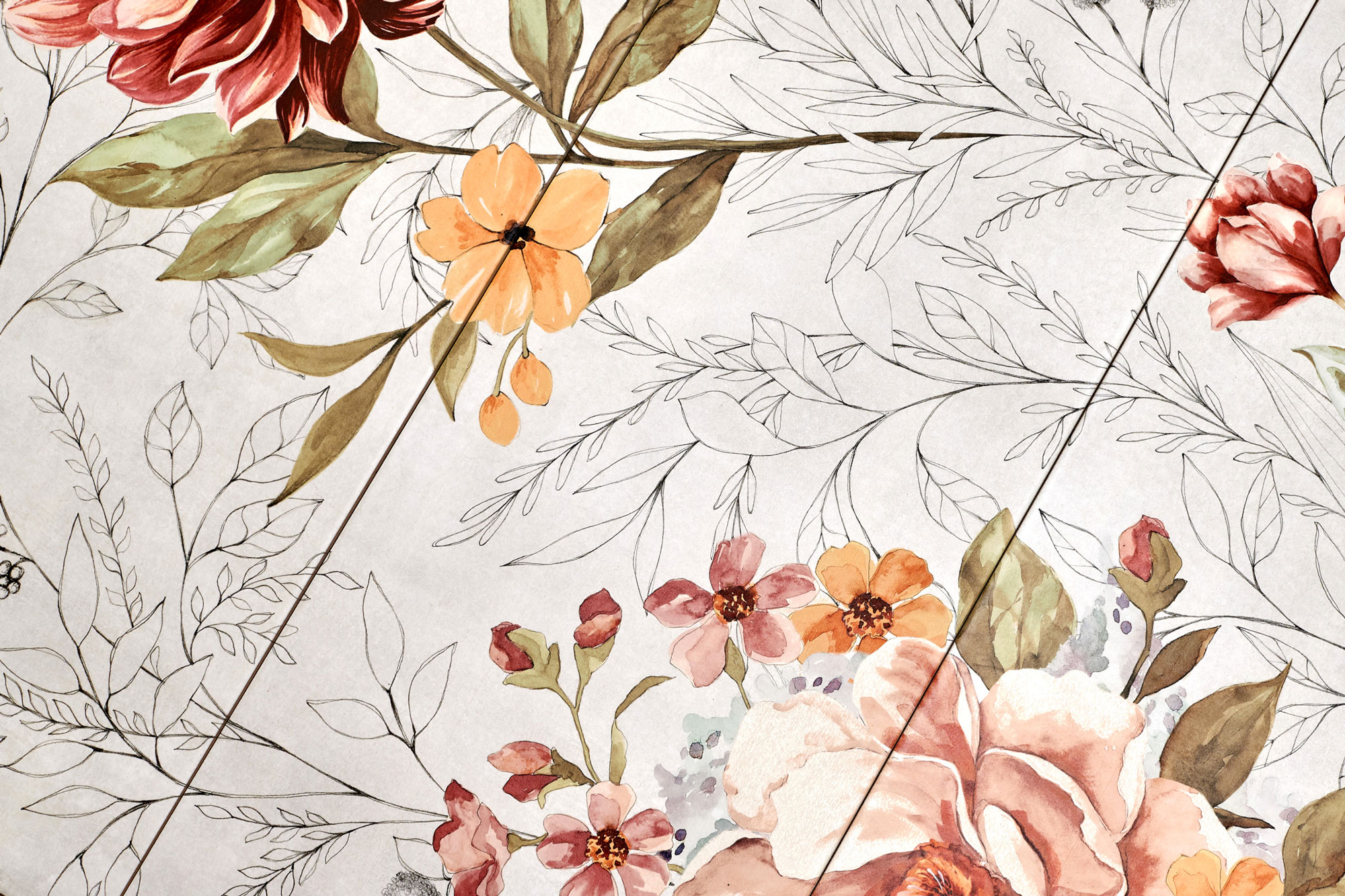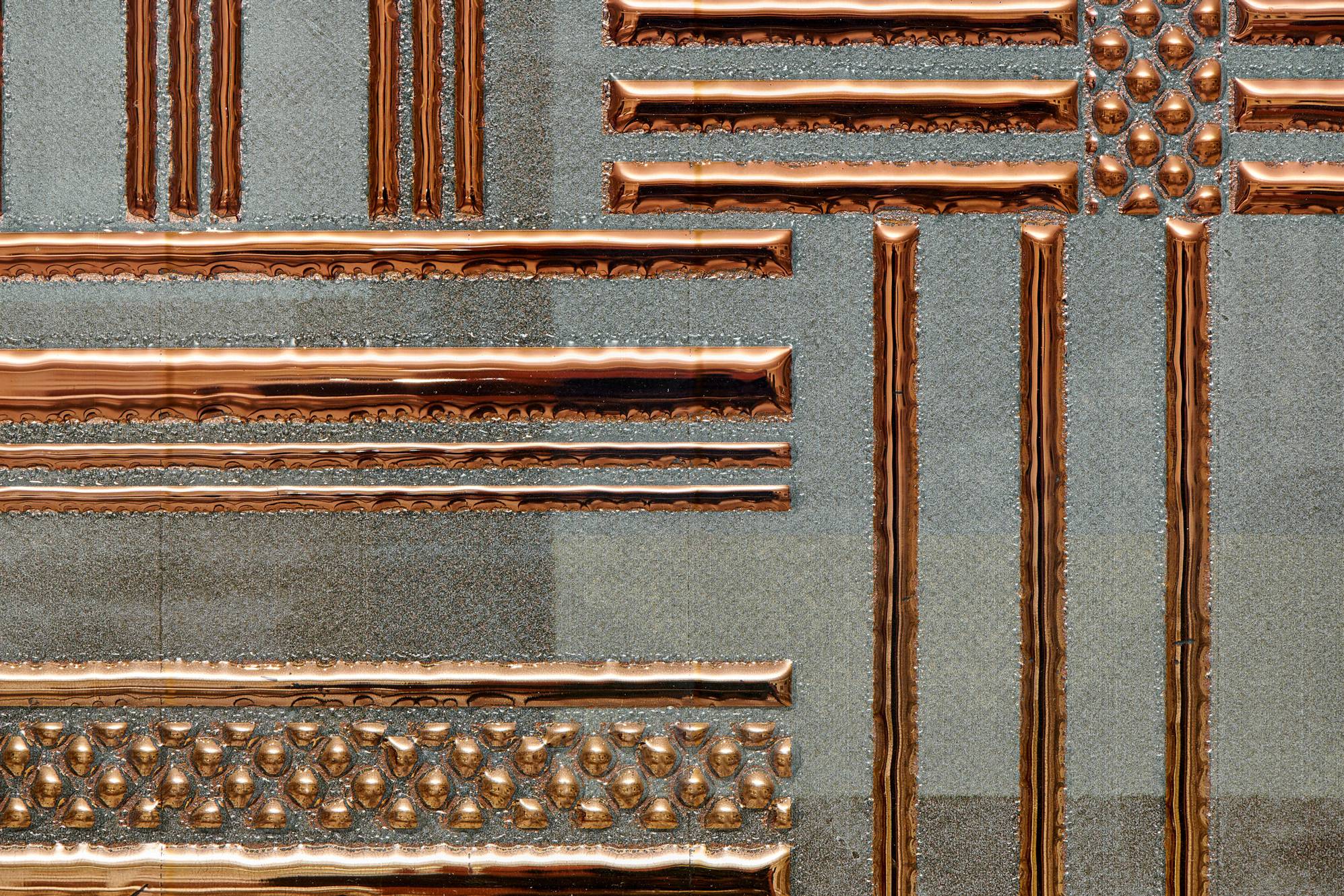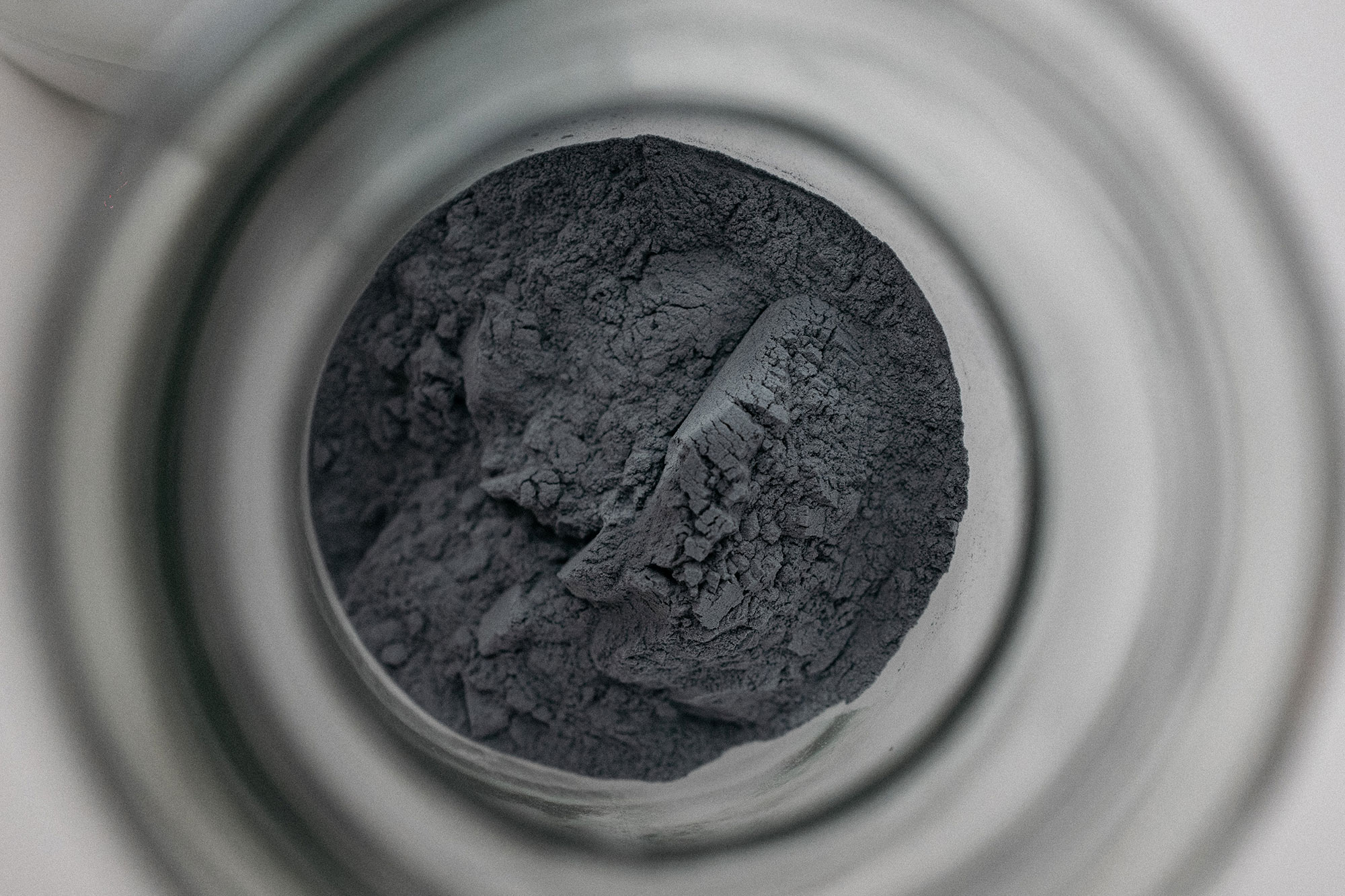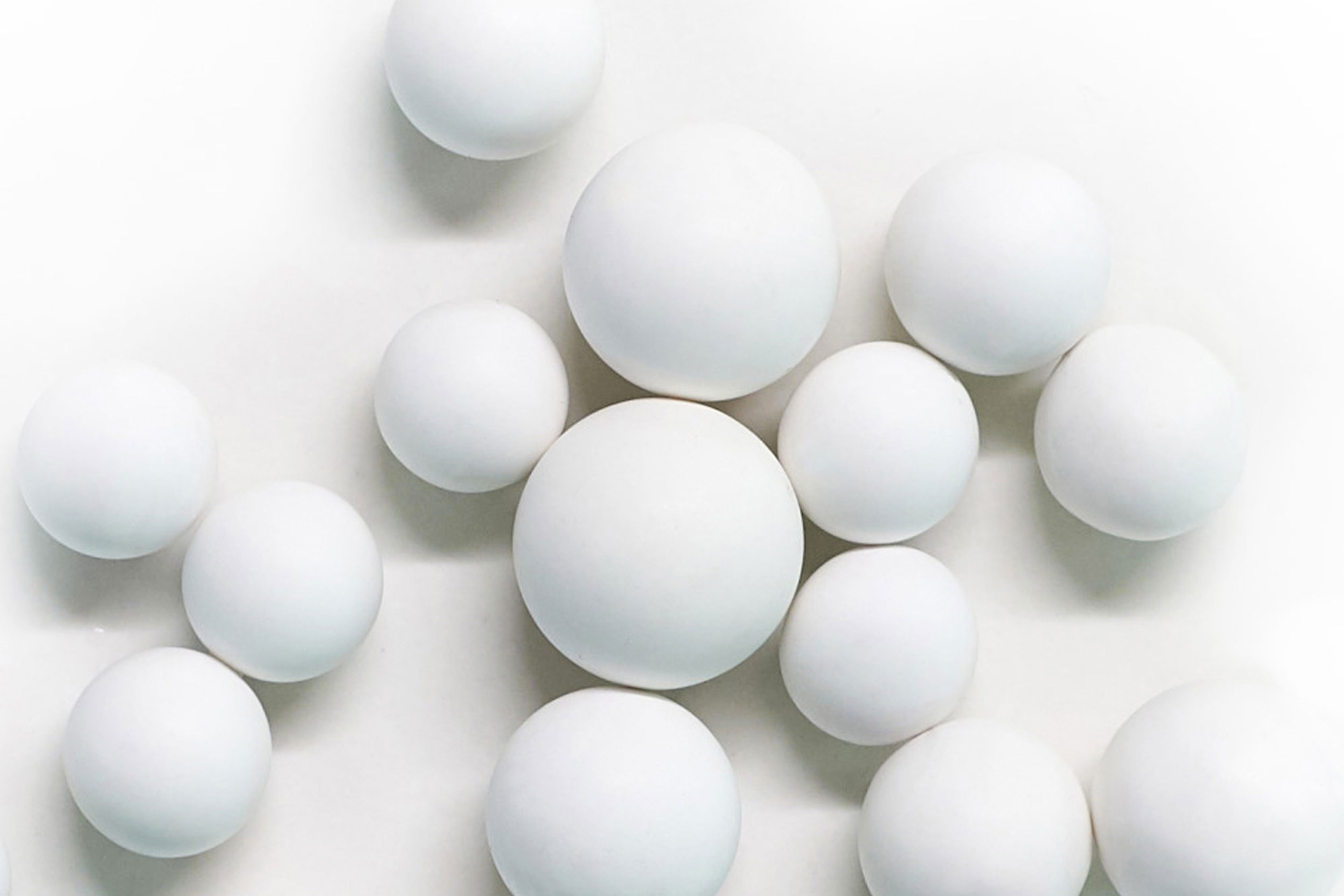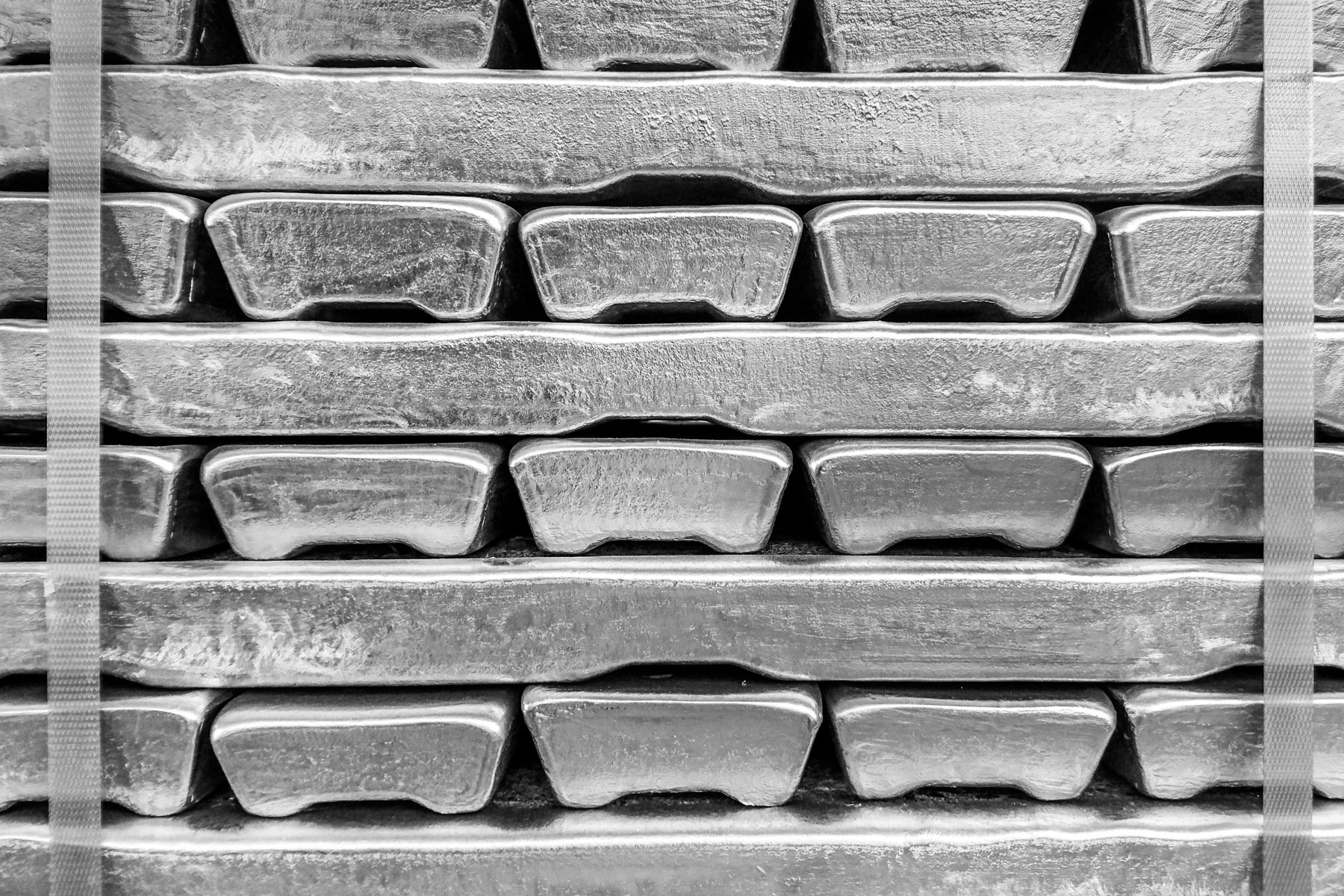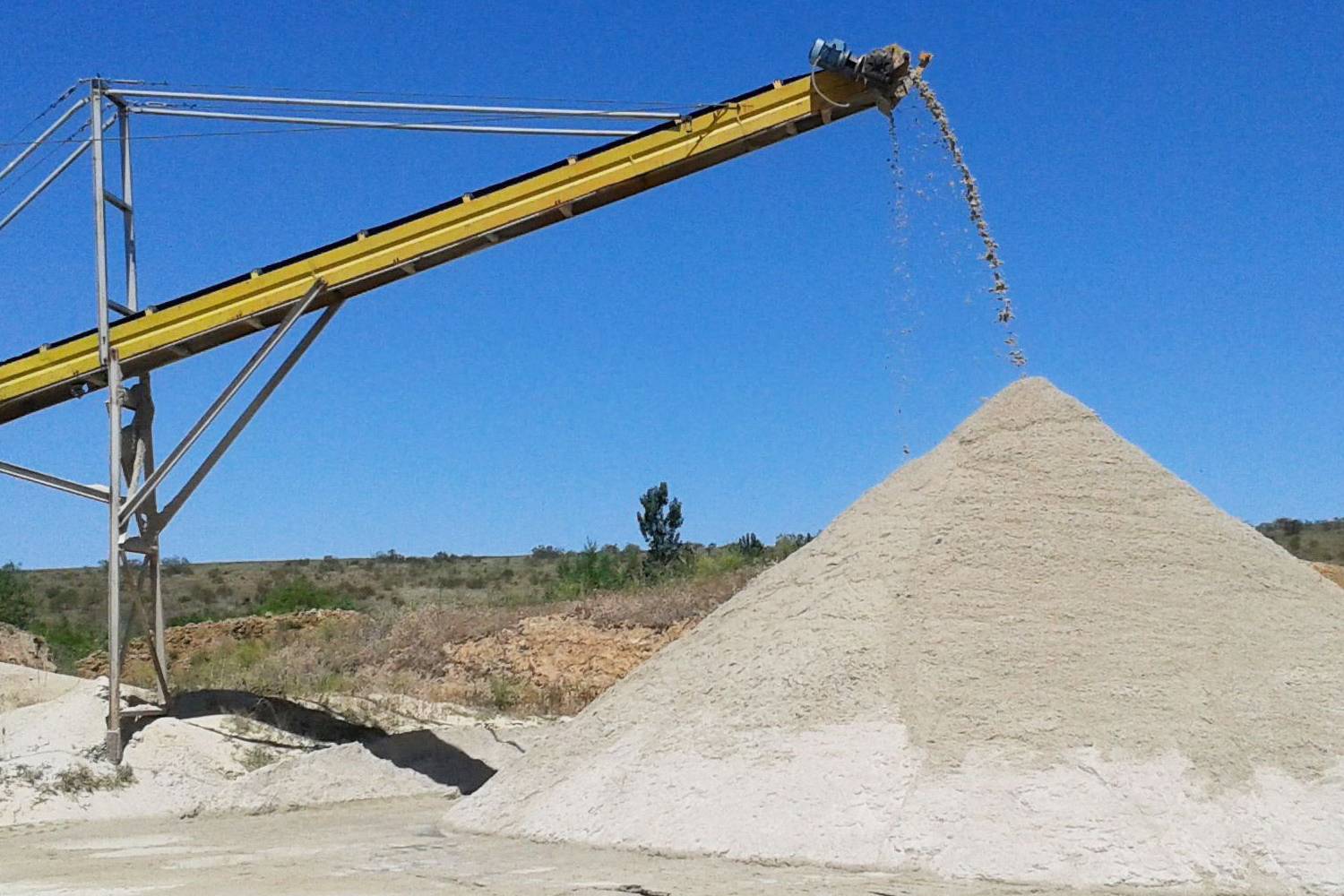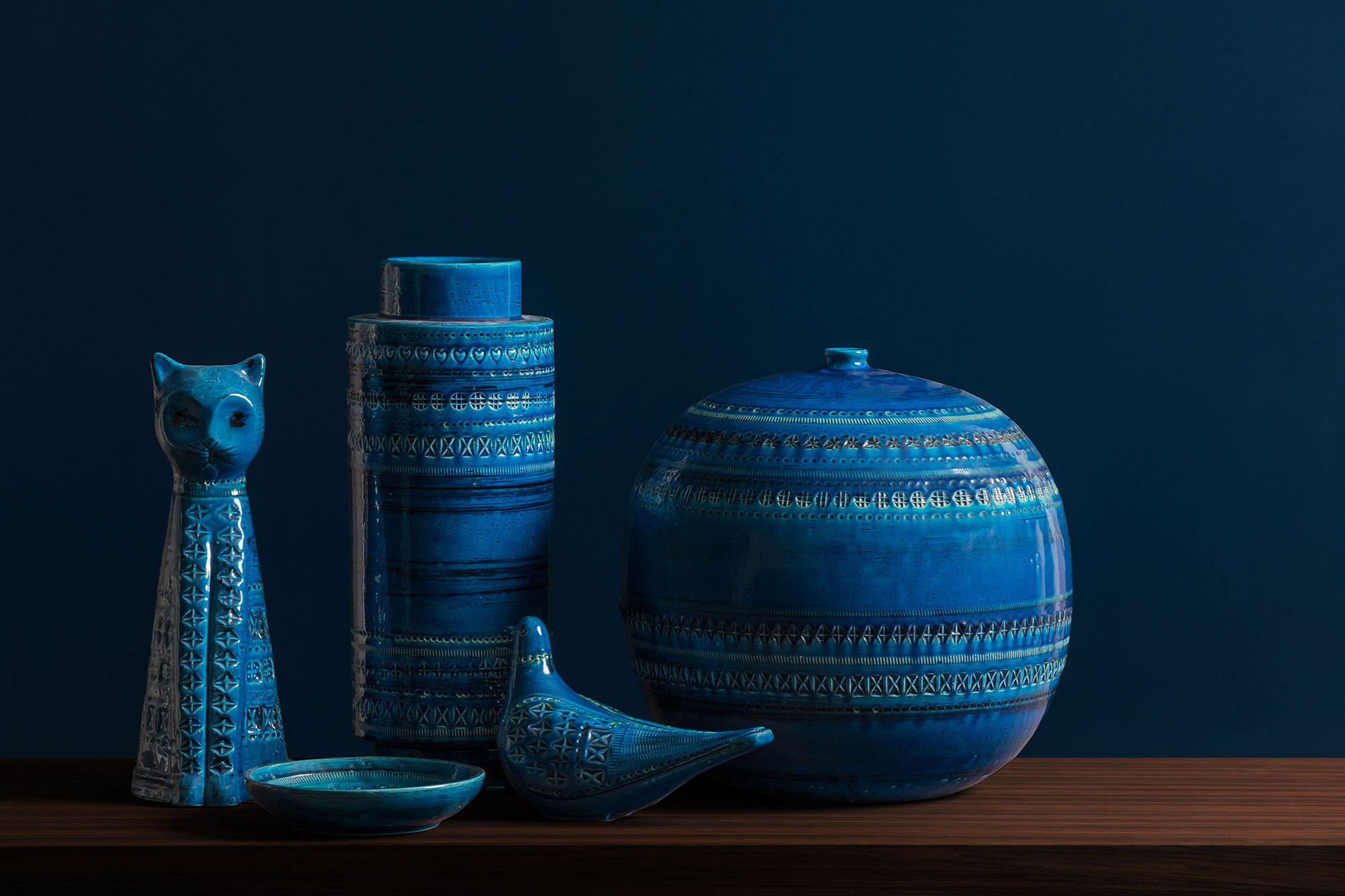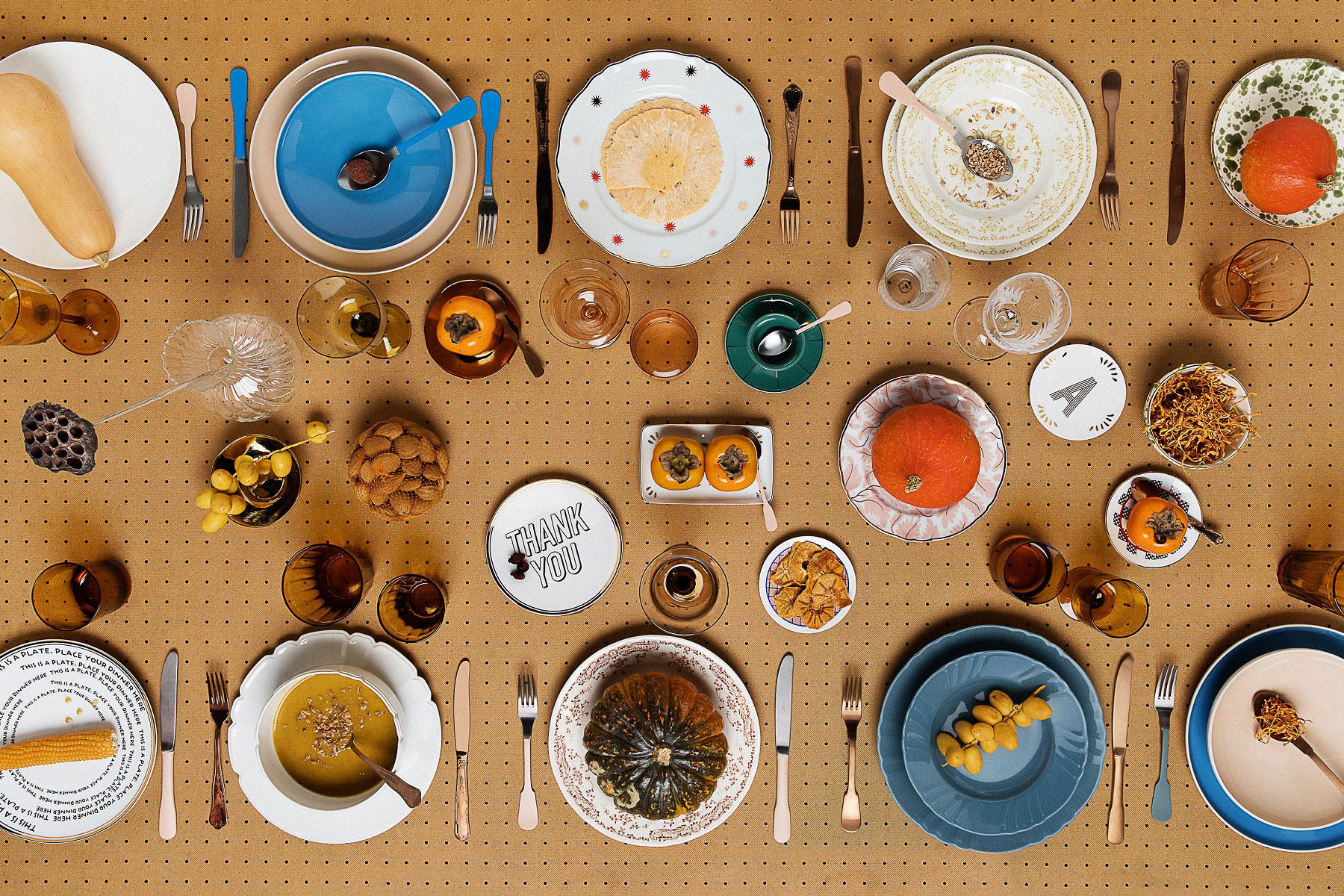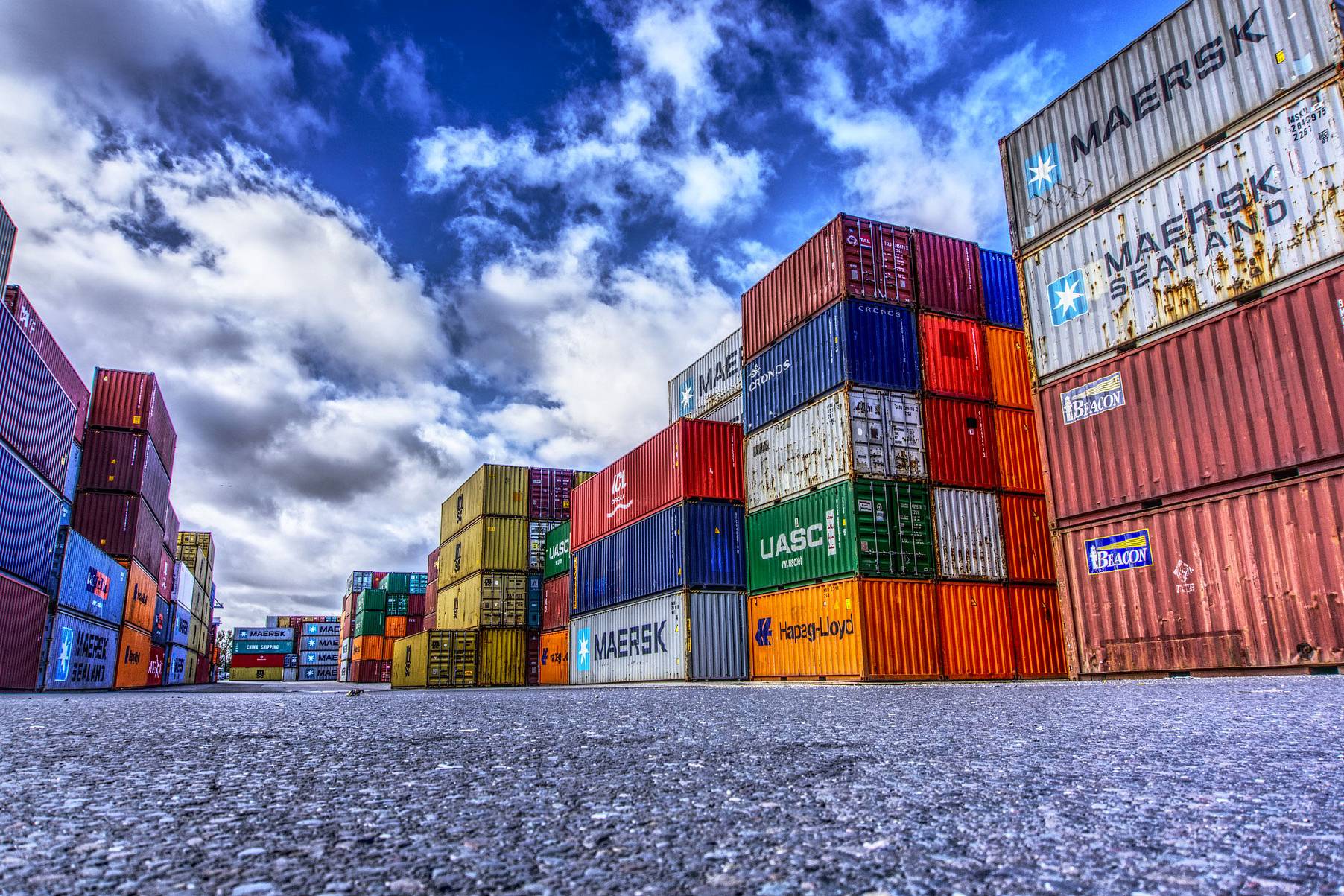Glass Materials
COLOUR CONCENTRATE
Technology
Glass colouring in the feeder channel (forehearth) is a technique currently used worldwide in all segments of the glass industry: bottles, cosmetic containers, tableware and architectural glass. The colour concentrate is added to the molten glass in the forehearth and then homogeneously mixed with the glass. Compared to colouring with oxides in the melting tank, this technique is particularly useful for developing colours in short production runs. The advantages of the system are:
- Increased flexibility
- Rapid colour change
- Low inventory
- Ability to quickly respond to market demands
- Ability to add colours from the product range / acquire new deals
- Minimise production losses during colour changes
Colorobbia colour range
Colorobbia can provide the following base colours in its range:
| Product | Colour | Feed | Temperature |
| VPV-10719 | Black | 3,5 – 4,0% | 1250 – 1260 C. |
| VPV-10610 | Cobalt Blue (30%) | 0,2% | 1250 – 1260 C. |
| VPV-10611 | Cobalt Blue (15%) | 0,4% | 1250 – 1260 C. |
| VPV-10612 | Copper Blue (30%) | 1,6% | 1250 – 1260 C |
| VPV-10309 | Yellow Green (6% Cr2O3) | 3,0% | 1290 – 1300 C. |
| VPV-10327 | Esmerald Green (12% Cr2O3) | 1,5% | 1290 – 1300 C. |
| VPV-10505 | Dead Lead Green | 3,0% | 1290 – 1300 C. |
| VPV-10207 | Amethyst | 1,8% | 1250 – 1260 C. |
The indicated feed percentages represent the colour shades and intensities most commonly used today. The feed percentages may vary depending on the temperature of the glass, the atmosphere, the composition of the glass and the thickness of the final glass. In addition to these base colours, other colours can be developed as requested by the market. Our support lab can provide specific colours to suit client needs.

Advantages of Colorobbia colour concentrates
The spherical form, particle size (3 – 9 mm) and almost total absence of dust make it easy to weigh and dose the material in the forehearth. The absence of dust not only offers a hygienic advantage to operators, it also means that no dust rises – due to the pressure – toward the roof of the channel, thus protecting the service life of the channel refractory. The special form of the material (pearl) implicates a smaller area of contact between the concentrate and the molten glass, which together with the other physical and chemical characteristics of the product translates into less reactivity between the concentrate and the glass. The concentrate melts easily, thus causing fewer defects in the glass.
- Spherical form
- Particle size
- Almost total absence of dust
- Easy melting
- Low reactivity
- Fewer glass defects

Channel design and operations
The design of a decorative channel depends on the requested capacity, the item produced and the desired colours. The colouring zone should be calculated as an extension of that which is considered the normal extension for cooling and conditioning of the glass and the required temperature drop. The colouring area is designed to properly melt the concentrate and ensure the proper homogenisation of colour.
The design parameters depend on the thermal capacity, the burners, as well as the length, width and depth of the channel. High temperatures sometimes require a double row of burners or larger burners. The dimensions of the channel and the “traction” determine the necessary time for the degassing and melting of the glass. The atmosphere of the channel plays a very important role in the colour’s development. To achieve good homogenisation of the coloured glass, the right number, type and configuration of stirrers is essential.
LEAD FREE PRODUCT
VTA SERIES
The VTA series is a lead free product (see the technical data sheet for further details). This series is recommended for the decoration of deposit bottles and is approved by Coca Cola and PepsiCo for the decoration of their products. Approvals can be requested through our technical service.
General recommendations
Colorobbia decorative enamels must be stored in suitable conditions, free of humidity and dust. The storage temperature must not exceed 30°C.
Hot melt enamels, before being applied through silk screens, must be preheated at a maximum temperature of 80°C. The surface temperature must be between 65-75°C for best application. It is recommended to use stainless steel silk screens with 180-250 wire mesh. To apply the overcoat, the recommended mesh size is 325-350. During application, the screen tension must be constant to ensure best results.
The recommended firing cycle is 90-150 minutes with a maximum constant temperature of 630-650°C for 20-30 minutes. The kiln must ensure proper ventilation during preheating and in the forehearth (to extract all the products of the wax combustion) and an oxidising atmosphere during the entire firing cycle. Failure to satisfy any of these conditions may seriously affect the final colour result. The decorated products must be evenly distributed in the kiln, 10-20 mm apart depending on the size and quantity of the product.
Storage, application, firing conditions, as well as all the other parameters mentioned above, may vary depending on several factors. Therefore, this information must be considered a simple recommendation. Each decorator must test and determine the exact conditions necessary to achieve the best parameters for a good final product. Please contact us for further technical information.
Technical characteristics
The VTA series has the following chemical composition and resistance characteristics. Please contact us for further technical information.
| Chemical Resistance | |||||||
| Series | Description | Temperature | Lead | Cadmiun | COE | Acidity | Basicity |
| VTA | Deposit bottles | 630-650 | <100 ppm | <50ppm | 80 to 90 x10-7 | ASTM C 735-04 Less then 5 hours | ASTM 675-91 More than 8 hours |
There are base colours for the VTA series, although colours can be developed on request. Certain colours require cadmium pigments in order to achieve certain shades (intense reds, oranges, yellows), but there are also cadmium-free alternatives.
| Base colours | Code | Base colours | Codice |
| Overcoat | VTA21102 | Matt | VTO21102 |
| White | VTA21101 | Black | VTA21701 |
| Sprite Blue | VTA21602 | Grey/ Silver | VTA21702 |
| Fanta Blue | VTA21612 | Pepsi Blue | VTA21602 |
| Sprite Green | VTA21306 | Pepsi Red | VTA21201 |
| Fanta Green | VTA21305 | Mirinda Green | VTA21301 |
| Sprite Yellow | VTA21401 | Mt. Green Dew | VTA21302 |
| Red* | VTA22202 | Teem Yellow | VTA21401 |
*This colour contains cadmium in its composition. See the technical data sheet for more details.
LEAD FREE PRODUCT
VTI SERIES
The VTI series is a lead free product (see the technical data sheet for further details). This series is recommended for the decoration of hollow glass with medium chemical resistance.
General recommendations
Colorobbia decorative enamels must be stored in suitable conditions, free of humidity and dust. The storage temperature must not exceed 30°C.
Hot melt enamels, before being applied through silk screens, must be preheated at a maximum temperature of 80°C. The surface temperature must be between 65-75°C for best application. It is recommended to use stainless steel silk screens with 180-250 wire mesh. During application, the screen tension must be constant to ensure best results.
The recommended firing cycle is 90-150 minutes with a maximum constant temperature of 600-620°C for 10-15 minutes. The kiln must ensure proper ventilation during preheating and in the forehearth (to extract all the products of the wax combustion) and an oxidising atmosphere during the entire firing cycle. Failure to satisfy any of these conditions may seriously affect the final colour result. The decorated products must be evenly distributed in the kiln, 10-20 mm apart depending on the size and quantity of the product
Storage, application, firing conditions, as well as all the other parameters mentioned above, may vary depending on several factors. Therefore, this information must be considered a simple recommendation. Each decorator must test and determine the exact conditions necessary in order to achieve the best parameters for a good final product. Please contact us for further technical information.
Technical characteristics
The VTI series has the following chemical composition and resistance characteristics. Please contact us for further technical information.
| Series | Description | Temperature | Lead | Cadmium | COE | Chemical Resistance |
| VTI | No-deposit bottles | 600-620 | <100 ppm | <50ppm | 80 to 90 x10-7 | Medium* |
| * For more information, contact technical support | ||||||
LEAD FREE PRODUCT
VTT SERIES
The VTT series is a lead free product (see the technical data sheet for further details). This series is recommended for hollow glass that doesn’t require chemical resistance.
General recommendations
Colorobbia decorative enamels must be stored in suitable conditions, free of humidity and dust. The storage temperature must not exceed 30°C.
Hot melt enamels, before being applied through silk screens, must be preheated at a maximum temperature of 80°C. The surface temperature must be between 65-75°C for best application. It is recommended to use stainless steel silk screens with 180-250 wire mesh. During application, the screen tension must be constant to ensure best results.
The recommended firing cycle is 90-150 minutes with a maximum constant temperature of 580-600°C for 10-15 minutes. The kiln must ensure proper ventilation during preheating and in the forehearth (to extract all the products of the wax combustion) and an oxidising atmosphere during the entire firing cycle. Failure to satisfy any of these conditions may seriously affect the final colour result. The decorated products must be evenly distributed in the kiln, 10-20 mm apart depending on the size and quantity of the product.
Storage, application, firing conditions, as well as all the other parameters mentioned above, may vary depending on several factors. Therefore, this information must be considered a simple recommendation. Each decorator must test and determine the exact conditions necessary in order to achieve the best parameters for a good final product. Please contact us for further technical information.
Technical characteristics
The VTT series has the following chemical composition and resistance characteristics. Please contact us for further technical information.
| Series | Description | Temperature | Lead | Cadmiun | COE |
| VTT | Non-resistant | 580-600 | <100 ppm | <50 ppm | 80 to 90 x10-7 |
There are base colours for the VTT series, although colours can be developed on request. Certain colours require cadmium pigments in order to achieve certain shades (intense reds, oranges, yellows), but there are also cadmium-free alternatives.
| Base colours | Codes | Pantone** |
| White | VTT21112 | 9103C |
| Etch | VTU21112 | 5315C |
| Green | VTT21311 | 364C |
| Blue | VTT21610 | 2728C |
| Black | VTT21710 | BLACK3 C |
| Red* | VTT22210 | 7621C |
| Red* | VTT22215 | 1797C |
| Orange* | VTT22211 | 166C |
* This colour contains cadmium in its composition. See the technical data sheet for more details.
** The Pantone code can only be used as an indication. The final colour must be tested based on the client’s conditions.
DISCLAIMER
All the information provided in this presentation, both oral and written, is based on our current knowledge, is purely indicative and therefore not legally binding. The sole purpose of the information and data included in this presentation is to provide a concise demonstration of Colorobbia products. Although this data and all information has been prepared by Colorobbia in good faith, based on its current technical knowledge, Colorobbia has not conducted laboratory-scale tests aimed at the industrial application of the product. Therefore, Colorobbia España SA is not liable for omissions or technical errors or modifications that this document may contain, or consequently in relation to damages, loss of profit, etc. resulting from consultation or use of said document. The client must verify the suitability of the product for the specific use, assuming all implicit responsibility resulting from the use of a certain product, as well as compliance with the instructions concerning the storage and handling of the products. Colorobbia España S.A reserves the right to modify the contents of this presentation without prior notification. The diffusion, using any means, of the contents of this presentation replaces and cancels the validity of any other technical data sheet previously published. The fact that a product is presented through this presentation is not indicative of the availability of the product itself. To check the availability of products, contact the Colorobbia España SA glass department at: glass.export@colorobbia.es. None of the information contained in this presentation can be disclosed, transformed, reproduced or publicly distributed either in whole or in part, without the express authorisation of COLOROBBIA ESPAÑA S.A. All the information provided in this presentation forms part of Colorobbia España know-how. Colorobbia España has developed and is the exclusive owner and beneficiary of the formulation and all technology relative to its products. The names of the companies and real products mentioned in this document may be trademarks and/or services of the respective owners. All the intellectual property, including, without limitation, trademarks and copyrights are the property of the respective owners. Any unauthorised use is strictly prohibited.
IMPORTANT: This document constitutes one unit and is composed of 2 pages. The information is provided “as is” without any guarantee and is subject to modification without prior notification. The liability clauses are an essential part of this document (pages: 2). The client accepts and understands these conditions, in particular the liability clauses, and is obliged to read them carefully. For any questions or suggestions, please feel free to contact us at the following email address: glass.export@colorobbia.es
Group companiesthat offer this solution
Colorobbia: all the solutions
The Colorobbia Group operates worldwide and specialises in the study, production and distribution of raw materials and semi-finished products for the ceramics and glass industry.





